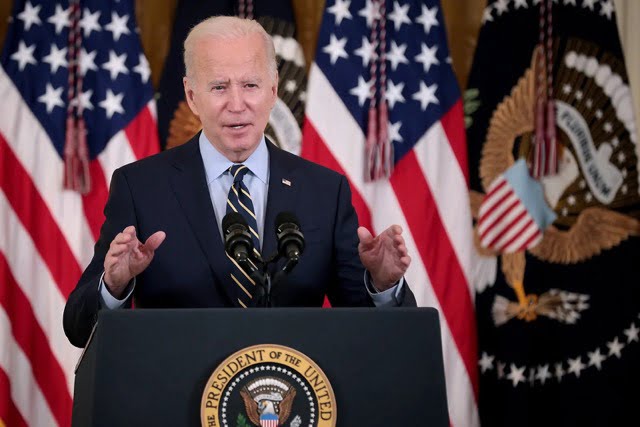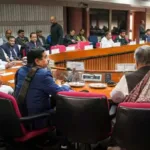As the academic year draws to a close, the White House has announced plans to impose limitations on President Biden’s participation in graduation ceremonies amidst a wave of protests erupting across college campuses nationwide. The move comes amidst growing concerns over security and disruptions during the President’s public appearances.
President Biden, known for his penchant for connecting with young audiences, has traditionally been a sought-after speaker at graduation ceremonies, offering words of encouragement and inspiration to graduating students. However, recent events have prompted the administration to reevaluate the risks associated with these appearances.
The decision to restrict Biden’s involvement in commencement addresses comes in the wake of several incidents where protests and disruptions overshadowed the intended celebratory atmosphere of these events. Campuses have become hotbeds for activism, with students voicing grievances ranging from climate change to social justice issues.
More Read
White House Press Secretary, in a statement released earlier today, emphasized the administration’s commitment to upholding the safety and security of all participants at graduation ceremonies.
While President Biden values the opportunity to engage with young Americans, recent disruptions have raised legitimate concerns about the feasibility of these appearances. We are exploring alternative ways for the President to connect with graduates while ensuring their safety and the integrity of the events.
The proposed restrictions include limiting the number of graduation speeches President Biden will deliver, prioritizing venues with adequate security measures in place, and potentially opting for virtual addresses to mitigate the risk of disruptions. The White House has also expressed willingness to work closely with educational institutions to explore alternative formats for the President’s involvement in graduation festivities.
However, the announcement has sparked criticism from some quarters, with detractors accusing the administration of stifling free speech and caving in to pressure from dissenting voices. Advocates for student activism argue that protests are a fundamental aspect of democratic discourse and should not be suppressed, particularly on college campuses where the exchange of ideas is encouraged.
The debate over the role of protests in shaping public discourse is likely to intensify in the coming weeks as the White House moves forward with its plans to limit President Biden’s participation in graduation ceremonies. While the administration seeks to balance security concerns with the desire to engage with young Americans, the issue underscores the broader challenges of navigating free expression in an increasingly polarized society.












